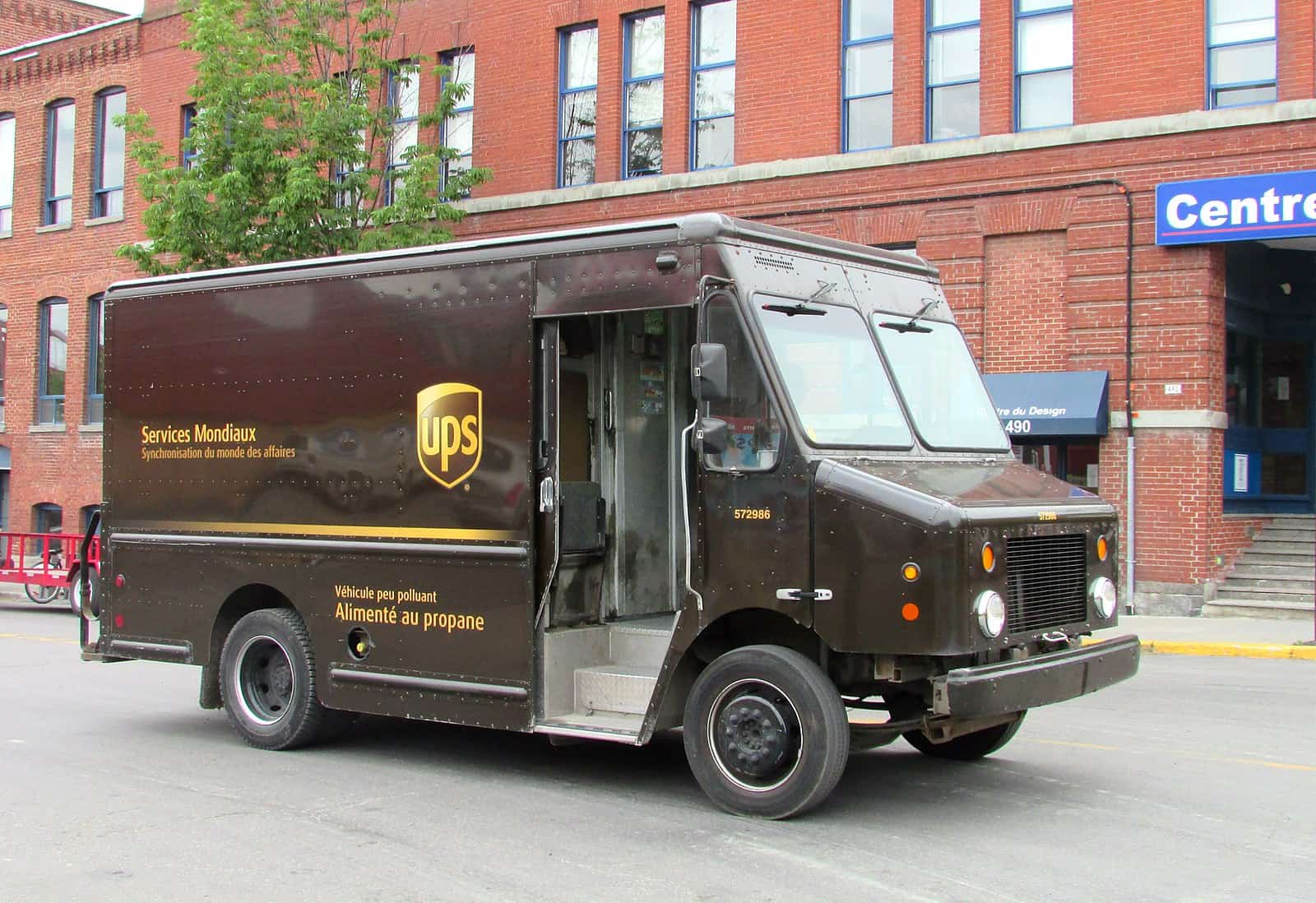
Kevin Vazquez is a staff attorney at the International Brotherhood of Teamsters. He graduated from Harvard Law School in 2023. The opinions he expresses on this blog are his own and should not be attributed to the IBT.
As Bloomberg detailed on Friday, Sen. Bernie Sanders, next in line to chair the powerful Senate Committee on Health, Education, Labor and Pensions (HELP), has not given up on last year’s struggle to secure sick leave for railway workers. According to Bloomberg, Sanders is quietly planning to introduce legislation in the coming months that would require rail carriers to provide their workers with the paid sick leave which they were denied by the collective bargaining agreement, brokered with the assistance of the Biden Administration, imposed on them by Congress late last year. The contract’s failure to provide paid sick leave developed into a key issue in the course of last year’s negotiations, compelling four major railway unions to reject the tentative agreement and threaten a debilitating nationwide railway strike, which ultimately prompted Congress to implement the agreement legislatively. Sen. Sanders championed a similar bill during last year’s congressional negotiations over the railway agreement which would have included paid sick leave in the contract; the bill passed the House but was defeated in the Senate. Although Sanders will enjoy an expanded platform to shape workplace policy as the next chair of the HELP Committee, his legislation providing sick leave for railway workers is highly unlikely to survive the Senate’s filibuster.
In gig economy litigation, a DoorDash, Inc. delivery driver filed a proposed “opt-in” class action lawsuit in a Florida federal court on Friday claiming that the food delivery company violated the federal Fair Labor Standards Act (FLSA) by failing to pay its drivers a minimum wage and overtime wages. The complaint asserts first that DoorDash delivery drivers are employees of the company, and thereby protected by the FLSA’s provisions, and next alleges that the company incorrectly classified its drivers as independent contractors and did not pay its drivers the applicable minimum wage nor an overtime premium. The proposed class consists of all delivery drivers whom DoorDash failed to pay a minimum wage or compensate for all overtime hours, in accordance with the requirements of the FLSA, from 2019 to the present. The complaint was filed on January 20, 2023 in the U.S. District Court for the Middle District of Florida and the case is Silva v. Doordash, Inc, No. 6:23-cv-00104.
In other news, even as technology companies continued to slash jobs this weekend, the labor market remains tight and many workers are still able to extract considerable concessions from employers. Indeed, as reported by Bloomberg on Friday, workers who switched jobs at the end of last year received larger pay increases than those who did so in the beginning of the year. According to a survey by ZipRecruiter, approximately the same number of workers who switch jobs—about 60 percent—received pay increases in the fourth quarter of 2022 as compared to the fourth quarter, but the pay increases received were on average much higher. These numbers demonstrate that, despite mounting layoffs in certain sectors, such as technology and banking (and biglaw), the full picture of the U.S. economy is more complicated.
On Saturday, more than 100 members of the Bakery, Confectionary, Tobacco Workers and Grain Millers’ Union (BCTGM) in Cedar Rapids, Iowa voted to ratify a new four-year contract with Ingredion Corporation, a food products company. The bargaining committee reached a tentative agreement last week, and the members’ ratification officially brings to an end a nearly six-month strike that began in August of last year. The union members went on strike to protect seniority rights and work hours, maintain benefits, and provide pay rates following company proposals to cut vacation, slash seniority rights, and compel 12-hour shifts without overtime pay. “I am proud of the tenacity of our striking members at Ingredion and commend the union negotiating committee for their rock-solid commitment to achieving a fair and just contract for the members,” said BCTGM International President Anthony Shelton. “The members went out as one, stood strong as one, and will all come back as one.” Earlier this month, Sen. Bernie Sanders released a statement in support of the striking workers and calling on Ingredion to bargain in good faith with the union.
Workers at HarperCollins Publishers, on the other hand, remain on strike, which began on November 10, 2022 and stretched beyond its fiftieth day earlier this month. The workers struck in part for higher wages and more diversity in the publishing industry, as detailed by OnLabor in November. In a story released on Sunday, NPR interviewed striking HarperCollins workers to survey the status of the strike the progress the workers have made.
Finally, for a more in-depth weekend read, two independent but related Jacobin articles published this weekend explore the implications of the dismal Bureau of Labor Statistics’ (BLS) annual union membership report released earlier this month (and covered for OnLabor by Julia last week). Both pieces are insightful, provocative, and well worth a weekend read.
The first, by Luke Savage, argues that if the U.S.’s labor laws were not “so biased toward bosses,” 60 million workers “would join a union tomorrow.” Relying on the Economic Policy Institute’s analysis of data published by the BLS and NLRB last week, the piece states that 60 million workers—“or 48 percent of the entire nonunion workforce”—desired to join a union in 2022 but could not do so. Thus, ironically, as the share of workers represented by unions has declined markedly over the last four decades, the percentage who express a desire for unionization has increased during the same period. This mismatch between the percentage of employees who desire unionization and those who actually attain it represents an abject failure of the American labor law regime to facilitate unionization (or, at the very least, protect employee free choice), as the piece notes: “This divergence is owed, in significant part, to employer-friendly laws and regulations that make it incredibly difficult to organize a workplace even when a majority of workers might be in favor.”
The second, by Jonah Furman, a writer for LaborNotes, builds on Savage’s argument by stating that, notwithstanding “how broken our labor law is,” unions must “massively scale up new organizing to counter the brute might of capital.” In an argument that will be familiar to many organized labor aficionados, Furman contends that, despite “high-profile organizing drives” at Starbucks, Amazon, and elsewhere, the labor movement has continued to uniformly decline, with virtually every union, industry, and state suffering similar decreases in union membership rates—even, of course, former bastions of union activity such as the Midwest and New England. To counter this, Furman argues, unions must take active steps to revitalize the flagging labor movement, which means not only devoting significant resources to new organizing but also to “new fighting, and new winning,” starting with the “once-in-generations” alignment of the expiration of two of the biggest private-sector contracts in the country this year: UPS, through the Teamsters, and the Big Three automakers (GM, Ford, and Chrysler), through the UAW.






Daily News & Commentary
Start your day with our roundup of the latest labor developments. See all
November 28
Lawsuit against EEOC for failure to investigate disparate-impact claims dismissed; DHS to end TPS for Haiti; Appeal of Cemex decision in Ninth Circuit may soon resume
November 27
Amazon wins preliminary injunction against New York’s private sector bargaining law; ALJs resume decisions; and the CFPB intends to make unilateral changes without bargaining.
November 26
In today’s news and commentary, NLRB lawyers urge the 3rd Circuit to follow recent district court cases that declined to enjoin Board proceedings; the percentage of unemployed Americans with a college degree reaches its highest level since tracking began in 1992; and a member of the House proposes a bill that would require secret ballot […]
November 25
In today’s news and commentary, OSHA fines Taylor Foods, Santa Fe raises their living wage, and a date is set for a Senate committee to consider Trump’s NLRB nominee. OSHA has issued an approximately $1.1 million dollar fine to Taylor Farms New Jersey, a subsidiary of Taylor Fresh Foods, after identifying repeated and serious safety […]
November 24
Labor leaders criticize tariffs; White House cancels jobs report; and student organizers launch chaperone program for noncitizens.
November 23
Workers at the Southeastern Pennsylvania Transportation Authority vote to authorize a strike; Washington State legislators consider a bill empowering public employees to bargain over workplace AI implementation; and University of California workers engage in a two-day strike.